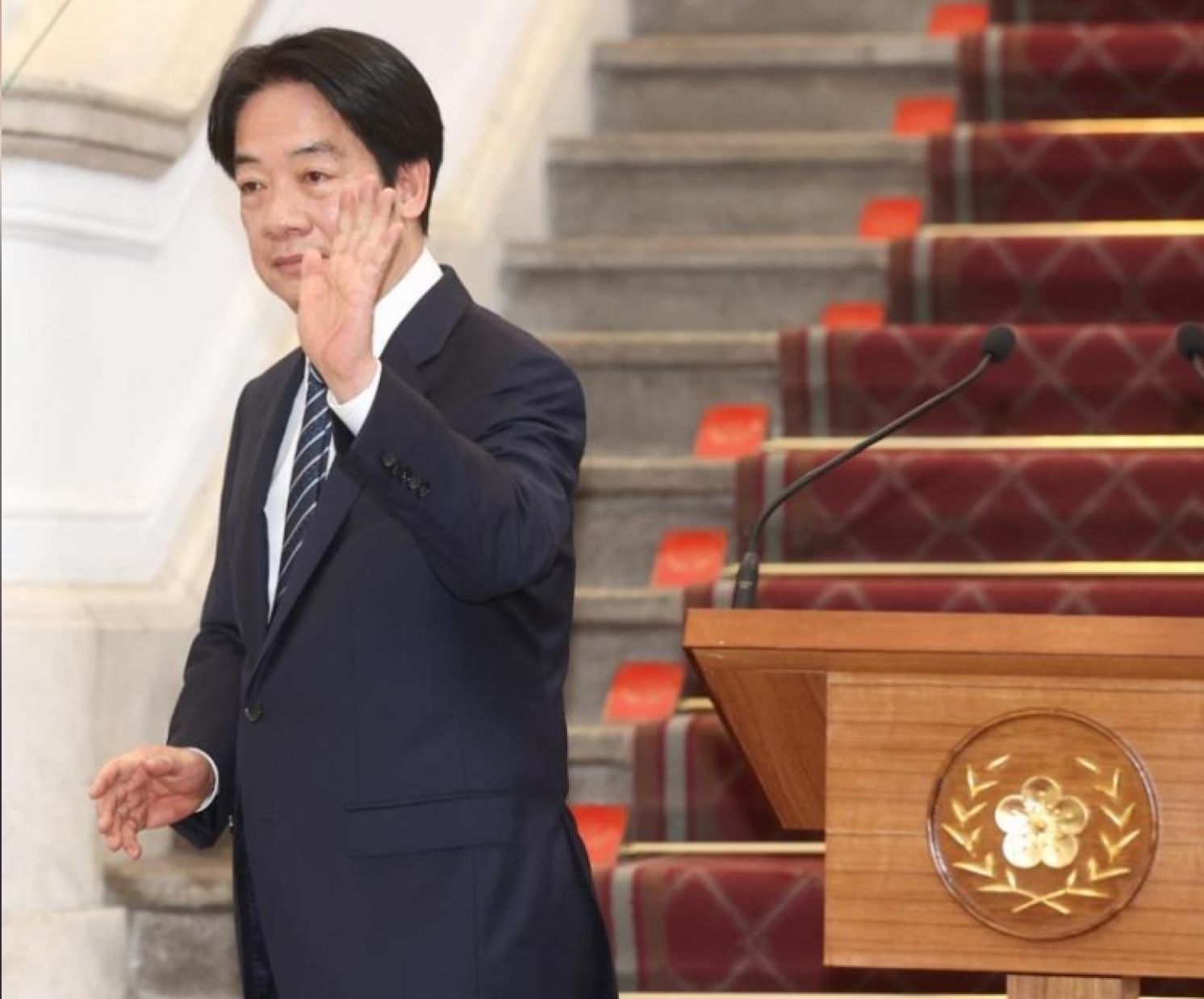
Reasons Behind the Breakdown of the National Security Briefing
United Daily News Commentary, June 19, 2025
Imagine this scene: In the morning, a photo of President Lai Ching-te shaking hands warmly with opposition Kuomintang (KMT) and Taiwan People’s Party (TPP) leaders before a national security briefing is broadcast across all media platforms. In the afternoon, Secretary-General Lin Yu-chang of the ruling Democratic Progressive Party (DPP) announced the “Three Arrows” for the grand recall campaign, with billboards erected nationwide and recall groups mobilized across the country.
This scenario nearly played out yesterday. Whether a meticulously crafted DPP strategy or a mere coincidence, the KMT and TPP would have ended up embarrassed and caught off guard.
President Lai had announced in his anniversary address that he would invite opposition leaders to a critical national security briefing. However, the TPP refused to attend, criticizing the Lai administration’s arrangement as rushed, sloppy, and politically manipulative. The KMT also declined, citing procedural disagreements and a lack of consensus on the briefing’s content. Thus, President Lai’s carefully planned security briefing fell through.
While procedural disputes were the immediate cause of the breakdown, the deeper issue was a total lack of mutual trust between the ruling and opposition parties. As the ruling party, the DPP bears primary responsibility.
President Lai expressed regret over the failed briefing. But what exactly is he regretting? That the opposition leaders missed a chance to understand the grave national situation? Or that the KMT and TPP didn’t fall into the trap?
With the DPP now officially launching its recall campaign, the KMT and TPP may feel relieved that the briefing didn’t happen. Otherwise, KMT Chairman Eric Chu and TPP Chairman Huang Kuo-chang might have been humiliated even more than former KMT Chairman Lien Chan 25 years ago.
Back then, Lien responded to President Chen Shui-bian’s call for a cross-party dialogue, only to be blindsided when the Executive Yuan suddenly announced the suspension of the Fourth Nuclear Power Plant project—a political slap in the face. But while Chen merely slapped Lien, President Lai seems intent on wiping out the KMT entirely.
After the failed briefing, Lai stated that political parties can “compete and cooperate” but must avoid “zero-sum” confrontations. Yet, the DPP met with recall groups before the scheduled briefing and launched its campaign immediately afterward. His talk of cooperation applies only to the opposition—it does not constrain the DPP.
President Lai also said that while parties may have different policies, their loyalty to the country should be the same. In a healthy democracy, that should be true. However, the DPP, which hides behind the “Resolution on Taiwan’s Future” while still adhering to its “Taiwan Independence Party Platform,” must first demonstrate its loyalty to the Republic of China. A “pragmatic worker for Taiwan independence” must first convince the people of their allegiance to the R.O.C.
President Lai also revealed the true purpose of the national security briefing: to rally bipartisan support for strengthening national security laws and securing defense budgets, including special appropriations. The former seeks to formalize his controversial “Lai’s 17 strategies”—quasi-martial law measures. The latter reflects pressure to justify defense spending to the United States.
What President Lai didn’t say out loud is that the briefing was also meant to fuel the recall campaign. From the planned briefing to the release of the “three arrows” to nationwide mobilization—everything was coordinated and seamless.
President Lai emphasized his continued hope that the main opposition parties will join him in facing the threats posed by authoritarian regimes and in defending Taiwan’s sovereignty and democracy. While leaving the door open to future briefings, President Lai ultimately pinned the blame on the opposition.
But consider the DPP’s downplaying of recent espionage scandals. Consider how President Lai has twisted the “One China” Constitution into a “Two-State Theory” Constitution, undermining Taiwan’s sovereignty. And consider the destructive impact of “Lai’s 17 strategies” and the recall campaign on democratic institutions. Before pushing national security briefings or blaming the opposition, the ruling DPP must take responsibility—face the nation’s threats, and genuinely work to defend our country’s sovereignty and democratic system.
From: https://udn.com/news/story/11091/8817431
〈Back to Taiwan Weekly Newsletter〉